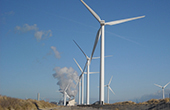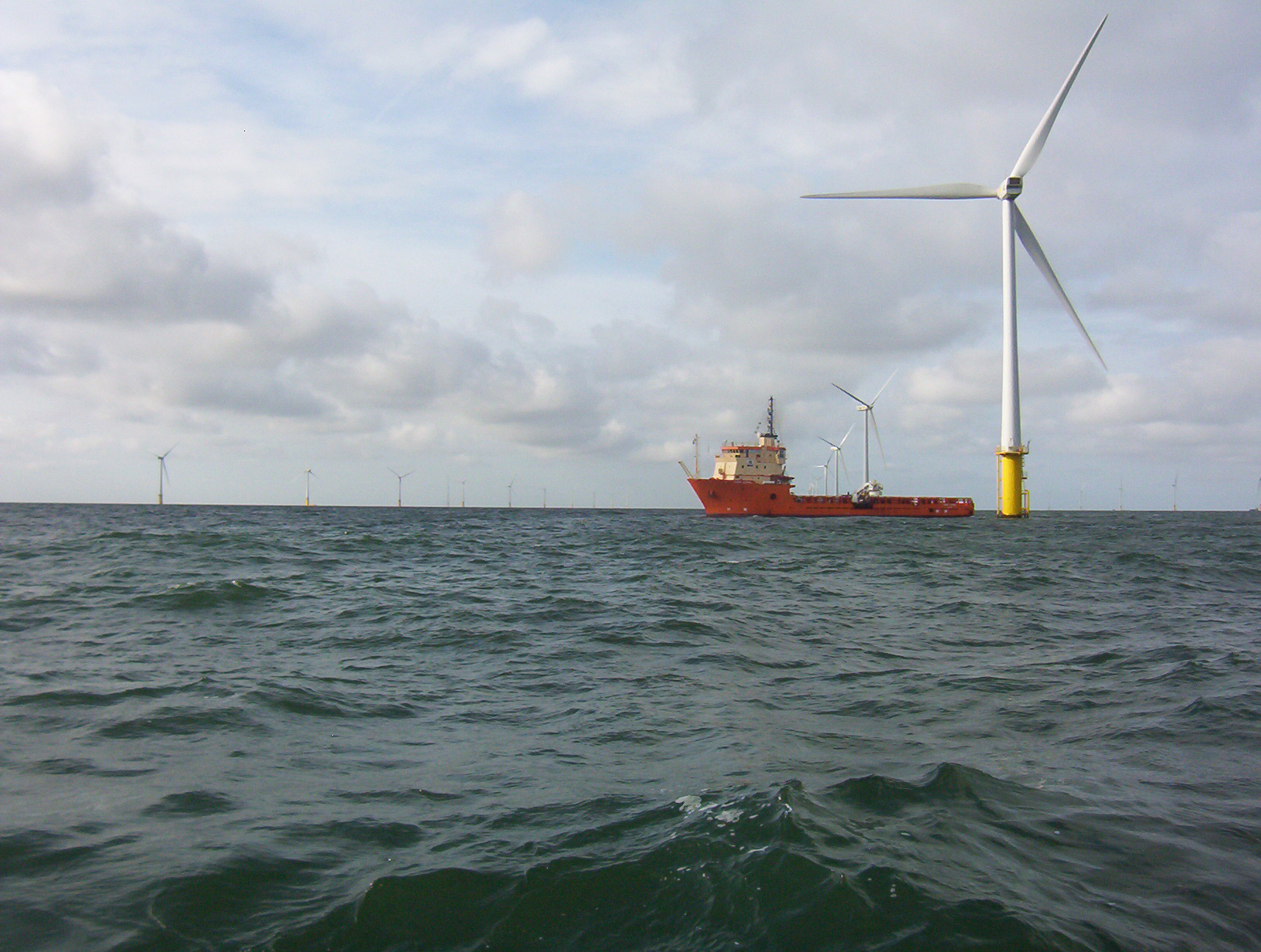
Can supercooled generators improve the efficiency of offshore wind turbines? How can ‘big data’ from sensors mounted on wind turbines help in the maintenance of wind farms? How can we calculate the effects of waves on floating wind turbines? Is it possible to forecast wind power at the height of wind turbines? Is it a good idea to combine offshore wind turbines with wave or tidal energy generators? These are some of the questions included in this research agenda for wind energy drawn up for the European Academy of Wind Energy by TU Delft professor of wind energy Gijs van Kuik and his colleague Joachim Peinke from the Carl von Ossietzky University of Oldenburg, Germany. They are fundamental scientific questions from researchers working in 11 different fields, ranging from material sciences to energy conversion, and from environmental impacts to aerodynamics.
Van Kuik: ‘Most wind energy agendas, such as that of the International Energy Agency, focus on technologies for application in the short term, for example to reduce the costs of wind energy. However, this agenda looks to the future.’ Why do we need to do this? ‘The biggest wind turbines currently in use are the largest rotating machines in the world, wind turbines are more and more often used in large offshore wind farms, and the contribution of wind energy to the global energy mix is increasing. This increase in scale means there are new scientific challenges to be solved. As scientists, we are of course interested in the answers, but the main reason for coming up with answers to these long-term challenges is that they can result in game changers – radical new technologies that make it possible for wind energy to become a significant component of the energy mix.’

Paper encourages discussion
Under the banner of the European Academy of Wind Energy, TU Delft professor of wind energy Gijs van Kuik and his colleague Joachim Peinke from the University of Oldenburg have drawn up a long-term research agenda for wind energy. Researchers working in 11 different fields in Europe and the US submitted their fundamental research challenges for inclusion in the agenda. The agenda will initially be published as a scientific paper with the title ‘Long-term research challenges in wind energy’, in the new open access journal Wind Energy Science. It will also be published in book form later this year. Gijs van Kuik: ‘The aim of this paper is to show that wind energy is more than just an engineering discipline that comes up with short-term solutions. Answers to fundamental research problems can help in the future development of the wind energy sector.’The main aim of the paper is to encourage discourse amongst colleagues. Van Kuik: ‘I hope that many people who read the paper disagree with our views, so that we encourage a lively scientific debate.'The EAWEwind energy research agenda will also be published in book form by Springer later in 2016.
Further information
For further information please contact professor Gijs van Kuik at +31 15 27 84980 or via g.a.m.vankuik@tudelft.nl.
- Article published in Wind Energy Science 9 February 2016: van Kuik, G.A.M., J. Peinke et.al.‘Long-term research challenges in wind energy’.
- The new Wind Energy Science journal